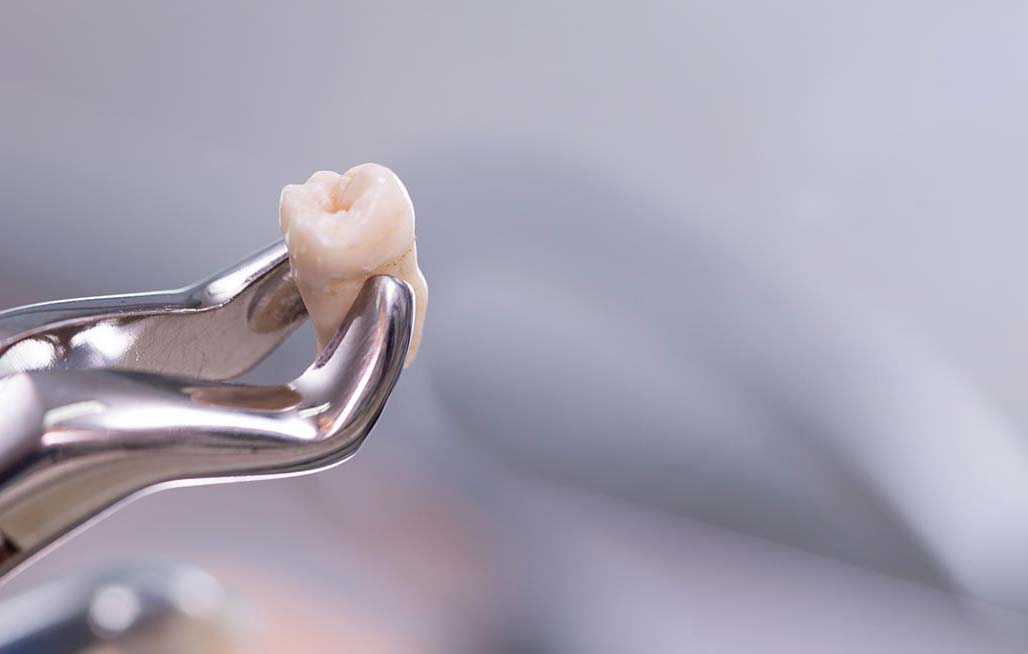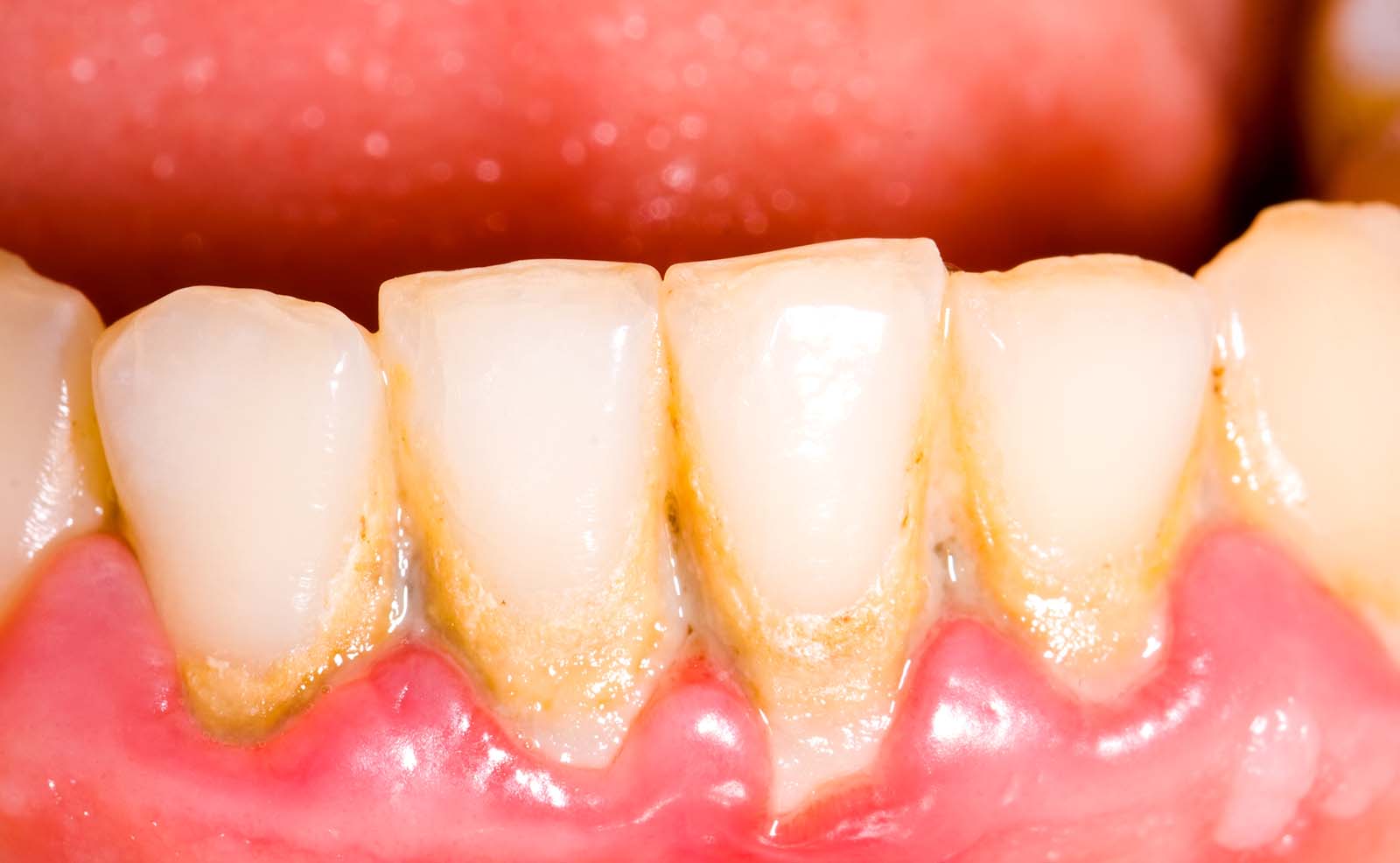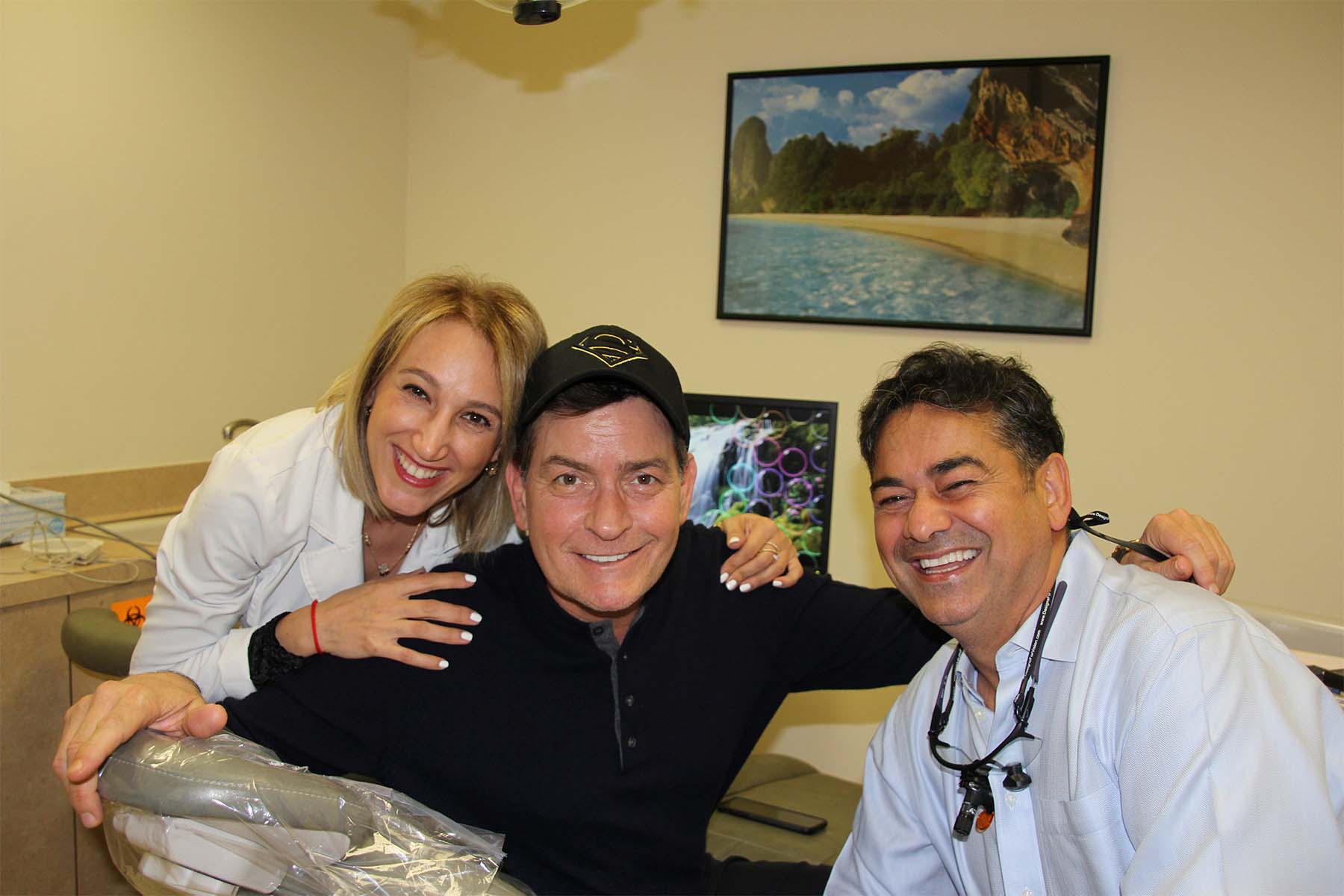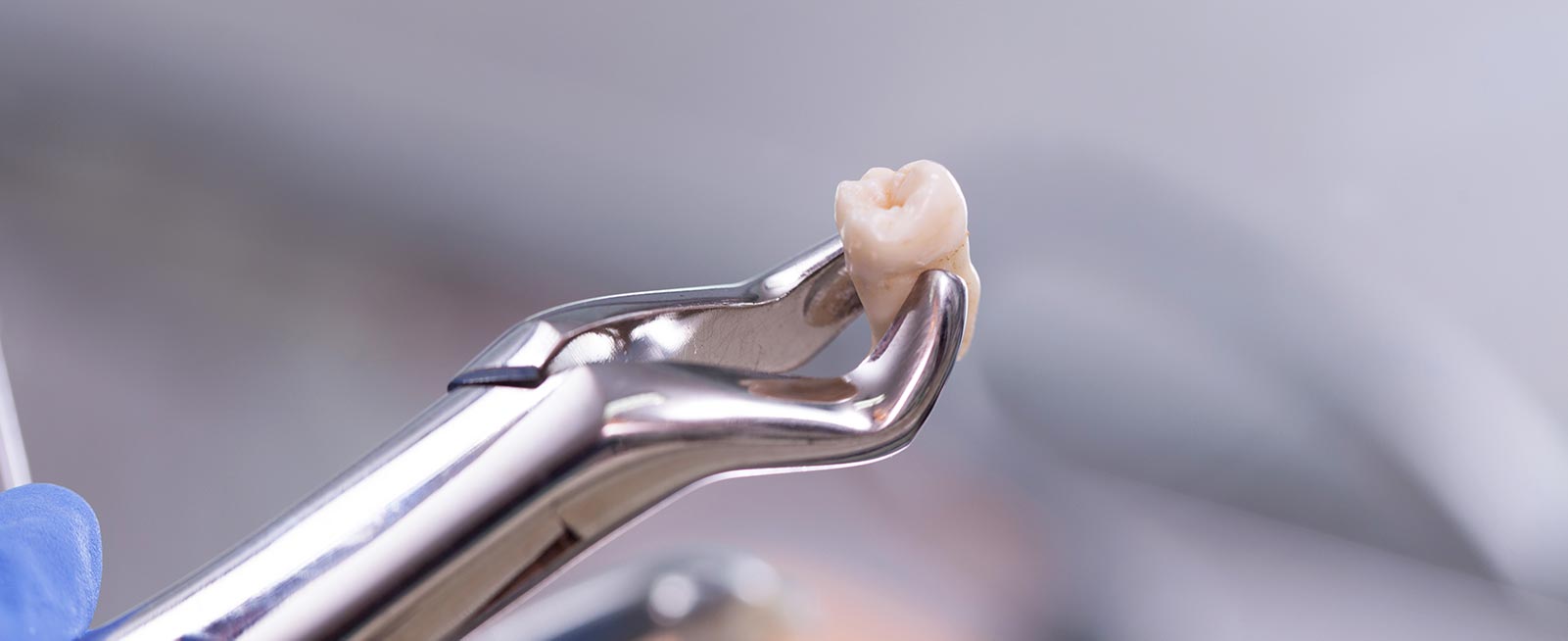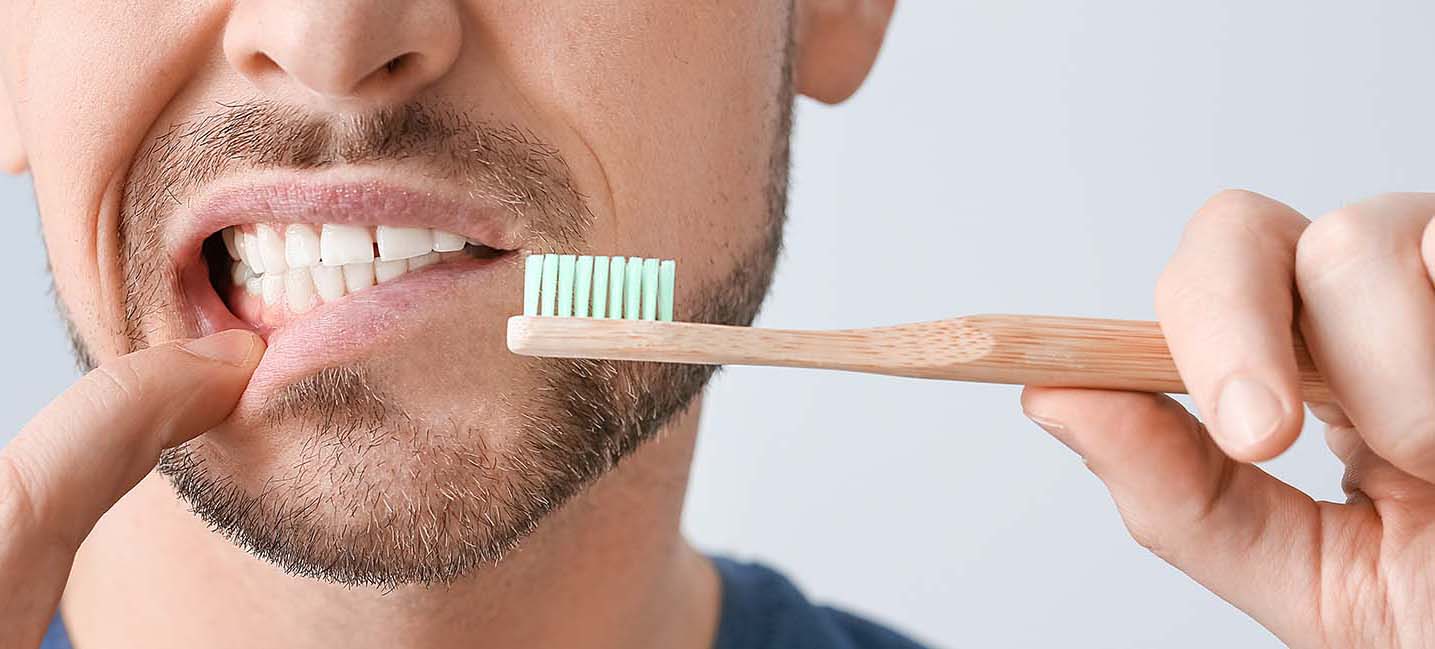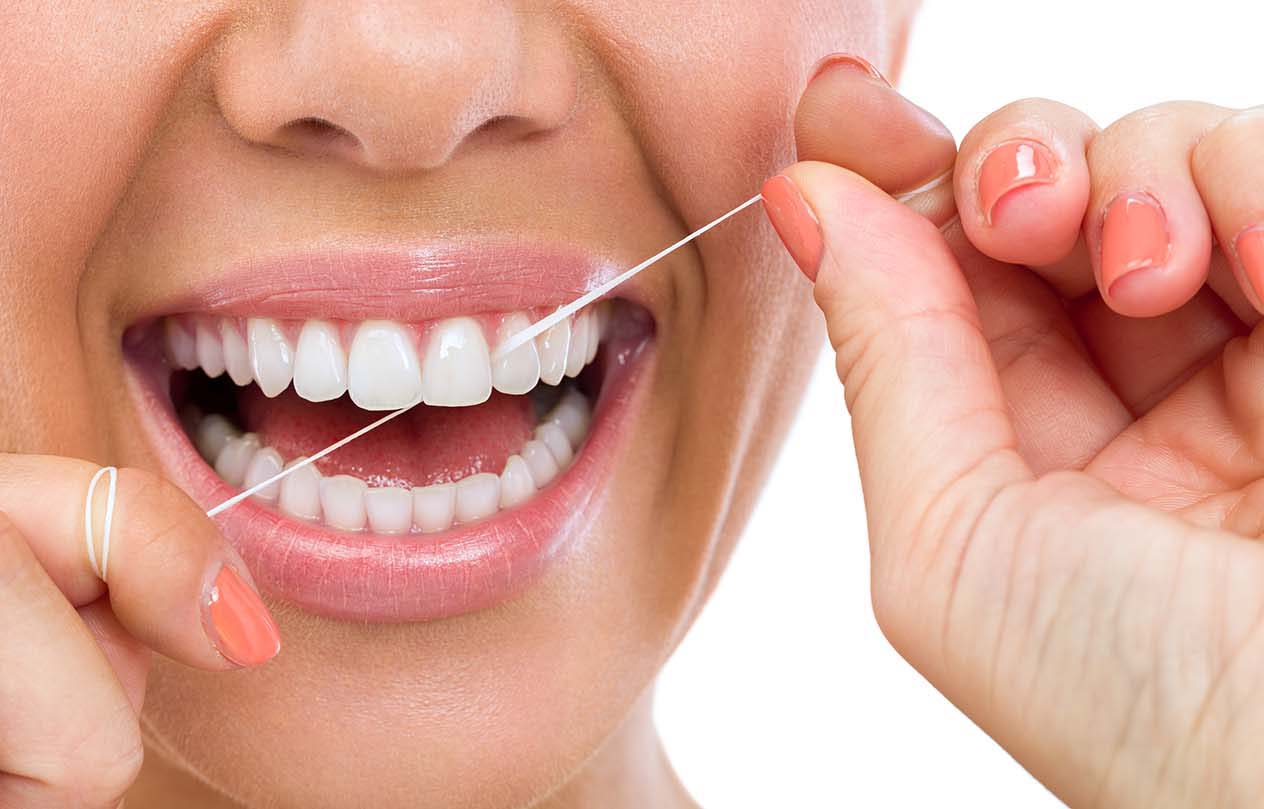When you think of wisdom teeth removal cost, what comes to mind? You might remember back in school when your teacher would go over the basics. Wisdom teeth are a part of our third set of molars, and they typically start erupting around age 17-21. The average person has four wisdom teeth, but some have none or more than four. This blog post will discuss everything you need to know about getting your wisdom tooth removed, from how much it costs to recovery time.
One of the most common questions we get here at our wisdom teeth removal in Los Angeles office is the cost. The good news is that wisdom tooth extraction is one of the more affordable procedures for dental work. However, the cost can vary depending on how many teeth the dentists need to extract and any complications. If you need multiple teeth removed, the cost will go up considerably. If you are thinking about getting your wisdom teeth removed, it’s important to know what the procedure entails. Find out all you need to know about wisdom teeth removal.
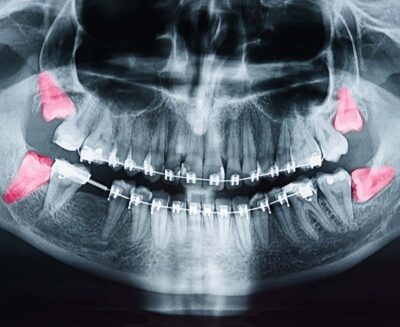
Symptoms
Partially impacted wisdom teeth may cause food to become trapped and make cleaning the tooth more difficult. Some people with this condition have obvious symptoms, while others will experience only discomfort or no signs of trouble at all – until it’s too late.
You may have symptoms if your tooth becomes infected, such as:
Pain or swelling around the jaw.
Redness in the skin that’s not due to an injury (for example, from sunburn) and has no visible signs of infection; this could occur by excessive moisture near where there are open wounds on mouth corners can cause this problem.
You might also experience bad breath with an unpleasant taste in your mouth when you have a cavity filled before.
Your wisdom tooth can become fully impacted. This means that it may never break through the gum line and remain trapped in place forever, or until you develop an infection around this area which could cause bleeding from constantly biting on foods containing bacteria.
What Causes an Impacted Wisdom Tooth?
Generally, wisdom teeth become impacted because your jaw doesn’t have enough space for the teeth. Sometimes the tooth grows at a wrong angle which can cause it to get stuck or be pushed back into place. You may also experience this if too much pressure from the surrounding bone causes pain when chewing certain foods (such as hot sauce). If not dealt with immediately by removing food next time around – especially hard substances like apples-then more damage will occur until finally being extracted altogether.
The bottom line is that wisdom teeth only “normally” pop through the gum-tooth interface in adults. This means it’s either fully impacted (impacted front to back) or partially impacted where some of them are visible. However, others may never break out due entirely to their location within our jawbones, which could also cause problems with growth patterns.
In some cases, impacted wisdom teeth can grow differently depending on their development. For example, Mesioangular (growing towards the front), vertical or distoangular growth pattern, which means an angle between 90 degrees and acute angles may occur when looking at it from behind. Horizontal incidence means no breakage through gums either vertically up high into your mouth toward the earlobe area where you would expect your face’s cartilage.
Risk Factors
You have a higher chance of having an impacted wisdom teeth if you are between 17 and 25 years old, with a smaller jaw structure. Unfortunately, there is no way to prevent them, but good dental hygiene can help avoid potential problems.
Wisdom Teeth Removal Cost
Extracting wisdom teeth is not cheap. If you need to take out all four, it’ll cost around $1100 – but dental insurance may cover some of that cost.
If one tooth needs extraction with general anesthesia and no lab work is required (like in my case), expect 600-800 dollars. If you have two impacted wisdom teeth at once, count on spending considerably more money than they would otherwise have spent just getting rid of only one affected area.
Insurance coverage for wisdom teeth removal depends on your dental insurance plan. If you have a health care policy from most companies, they will pay 80% of the costs incurred during an extraction procedure. Some people opt to do two extractions at once so that their total amount covered reaches more than what’s allowed under one year’s worth (which can be up to about 1500).
The cost of wisdom teeth removal varies depending on the complexity and age. If you’re having your wisdom tooth extracted at a younger age, it’ll be faster because there isn’t as much bone involved in extraction surgeries. However, if they are misaligned or require all four together, prices may go up since doctors need to remove everything inside the jaw (even though some think this should only include three). The diagnostic charges range between $60-$150, while treatment fees vary greatly – like whether anesthetic medications/services need purchasing separately.
Also, wisdom tooth removal can vary depending on the surgeon and the anesthesia used. If you’re looking to have all four removed with general anesthesia sedation, expect an average price range from $1500-$2200; however, this varies based on your specific insurance provider as some offer coverage for these procedures while others don’t at all.
Ignoring a misalignment or impacted wisdom teeth can lead to expensive and complicated treatment. These costs may seem high, but they don’t compare with the long-term pain that comes from ignoring your dental problem.
A healthy mouth is always worth investing in – no matter how much it costs.
Diagnosis
It’s important to visit your dentist or oral surgeon if you suspect that there may be an issue with impacted wisdom teeth. An evaluation will typically include: questioning about symptoms and general health, examination of the condition of teeth/gums. It includes X-rays that can reveal impacted third molars and signs damage bone tissue near these areas causing pain in other parts due to lack of space availability.
If you are experiencing any teeth-cleaning problems such as pain, bleeding, or sensitivity that may indicate the presence of an impacted wisdom tooth, see your dentist immediately. Dentists will ask questions like what symptoms are present and when did these occur? Does anything worsen their severity? What cleaning habits do they typically engage in daily for this issue with no response from dentition care professionals yet.
It is best practice always to see someone qualified for serious medical needs such as this one because they know exactly how to treat every kind of problem.
Treatment
If you have any doubts about whether to pursue treatment for your wisdom teeth or if medical conditions may increase surgical risks during procedures with the dentist-oral surgeon team, then you should consult one of these specialists before proceeding.
If you don’t have any symptoms or apparent dental problems, your wisdom teeth are called asymptomatic. However, some disagreement exists in the dental community about managing this situation. Some believe it’s best for patients with impacted maxillary first molars, where a screening exam may capture signs before major damage occurs. Others think all tooth candidates should undergo full examination even if nothing stands out at first glance.
Removal of asymptomatic wisdom teeth is not always a simple procedure. It can be difficult to get at these fourth molars, and if you don’t have enough space in your mouth, it’s often hard for doctors or dentists to clean them properly without causing further damage.
The risk that symptoms will develop later increases with age; this means people over 40 should seriously consider having their third premolar removed before they cause any problems down below.
The decision to remove your impacted wisdom tooth is a difficult one. There isn’t enough evidence about the long-term consequences of not removing them as an adult. Therefore, you’ll need further consultation with experts in this field who can advise what’s best for your general health and well-being now or down the road when things may differ from today’s facts. Other dentists/oral surgeons discourage removal unless there’s a clear necessity.
See Also: Dental Bone Grafting
Surgical Removal
Impacted wisdom teeth that are causing pain or other dental problems are usually surgically removed. A common extraction is for infection, gum disease involving the wisdom teeth, and tooth decay from partially erupted wisdom teeth. Surgery can also be an option if there’s a cyst in your mouth where they’ll poke out one of these impacted ones removing whatever it may be so you don’t hurt anymore.
The extraction process includes:
Sedation or anesthesia. You may have local, which numbs your mouth; sedative-anesthesia that depresses consciousness (like potency) and makes you lose sight of what’s going on around it -or general anesthesia, so everything becomes deeply relaxed for the duration of treatment.
You should expect some pain and bleed, as well as swelling at the site or jaw from wisdom tooth extraction; temporarily unable to open your mouth wide due to muscle spasms in theirs during healing because of this procedure can make eating difficult too. Dental professionals give caring instructions for wounds.
When your dentist performs a tooth extraction, they may remove some surrounding tissue. This is to prevent any complications during surgery and ensure that you receive optimal care afterward by preventing infection near sites like nerves or teeth behind where the dentist performed the treatment.
The dry socket occurs when there isn’t enough blood left after an operation so the bone can breathe, causing pain upon contact with air. Unfortunately, this leads many people who experience this phenomenon to experience intense dental discomfort due to pressure buildup because these areas have no way out but through.
Recovery
The degree of difficulty in removing a wisdom tooth can sometimes be ‘unpredictable.’ This generally depends on the number and type (or lack) thereof, whether you’re experiencing trauma during surgery or not, as well as your overall health at post-op. However, if complications do arise, they will most likely respond quickly with medication prescribed by an experienced physician who has done this hundreds upon thousands of times before.
Other options
Coronectomy
According to some researchers, a coronectomy can be a safer alternative to wisdom tooth extractions if you’re over 40. This is because the procedure involves removing the roof of your mouth, and dentists only do it when there’s an increased risk of injury during surgery on another body part.
There are many situations where the wisdom teeth roots can press on or even wrap around your lingual nerve (LN) and inferior alveolar nerves, which supply feeling to parts of our face. Your dentist might recommend a coronectomy as an option that would lower the risk for potential damage compared with extractions in these circumstances because it’s less invasive than other procedures available at his office.
Damage to your IAN and LN might result in pain or odd sensations, difficulties speaking and difficulty chewing. Extractions are safe if performed on a patient with wisdom teeth roots near the area where these nerves lie close together with coronectomies causing less risk than other types of surgery because they’re associated with low injury rates during procedures like this one.
Dentists do not recommend a coronectomy for young people who need to have a wisdom tooth removed because the roots of their teeth are still developing. In addition, younger patients heal faster and better than older individuals, so it’s best if they don’t get this procedure done until after adulthood, when the healing time will be slower but more substantial.
The entire process of having a coronectomy is not easy, but your dentist will provide aftercare instructions and possibly prescribe antibiotics for the postoperative infection risk. The symptoms you might experience following this surgery are similar to those from any extraction procedure. So, if there’s anything else unusual going on with dry socket or excessive bleeding at any time during recovery, then call them right away.
If you have questions about your wisdom teeth, talk with a dentist. It can be difficult to know if they are impacted or require extraction without examination by someone who knows what they are doing. Your dental professional will use radiographic imaging (X-rays) during this process which helps them figure things out like where in the mouth certain nerves lie so that treatment options may become clearer for both patient and provider alike.
Complications
The risks of wisdom teeth removal include infection or a delay in healing. In addition, if you smoke while recovering from surgery, there is an increased risk for these complications. One possible complication – dry socket- happens when patients do not follow instructions given by their dentist about how often they should floss after having all four infrequent procedures done on one mouth area at. Nerve damage is a rare side effect of dental implants, but it can cause tingling or numbness in your tongue. In some more extreme cases, this may become permanent and result from improper placement near nerves elsewhere on the body.
Impacted wisdom teeth can cause several other problems in the mouth:
Damage to other teeth. If the tooth pushes against a second molar, it may damage or increase the risk for infection on that area due to pressure from crowding caused by impacted wisdom teeth; this could require orthodontic treatment and straightening of crooked pearly whites with an arch wire (or braces). A rare occurrence is when cysts form within these sacs, which often leads them to need removal if left untreated, benign tumors are possible outcomes but far less common than cancerous ones. In addition, impacted wisdom teeth are at higher risk of tooth decay because they’re hard to clean, and food is trapped between gum tissue. This can lead to painful pericoronitis (gum disease), an inflammatory condition that occurs when there are too many bacteria near your mouth area.
In addition Southland Dental Care provides emergency tooth extraction in Los Angeles, CA.
Summary
Wisdom teeth are the third molars, typically emerge in your late teens or early twenties. Many people have their wisdom teeth removed because they experience severe pain or discomfort due to overcrowding of other adult teeth. There are many reasons for this, but it is very expensive and requires a lot of time off work if you’re an employed person.
By now, hopefully, you’ve made sure that there are no complications with having them taken out and trying not to be put under general anesthesia where there could still be some risks involved. Also, it will make things much simpler since you won’t need any further treatment afterward, though you will want to keep an eye on your gum line for about a week.
The benefits of having them removed while you’re young are that there is less chance of complications, the operation itself takes only half an hour, and it’s over quickly with little downtime required afterward. Of course, the best way to do this is by taking painkillers beforehand so you won’t feel any discomfort during or after the procedure. It would be best if you also took some paracetamol or ibuprofen several hours beforehand to prevent swelling, which can be very painful depending upon how much inflammation occurs within your gums.
Bottom line, if you need wisdom teeth removal in Los Angeles or want to find out more about what we can do for your dental needs, contact us today. We offer the best services regarding all questions related to wisdom tooth extractions and ensure that your visit is as painless as possible.





